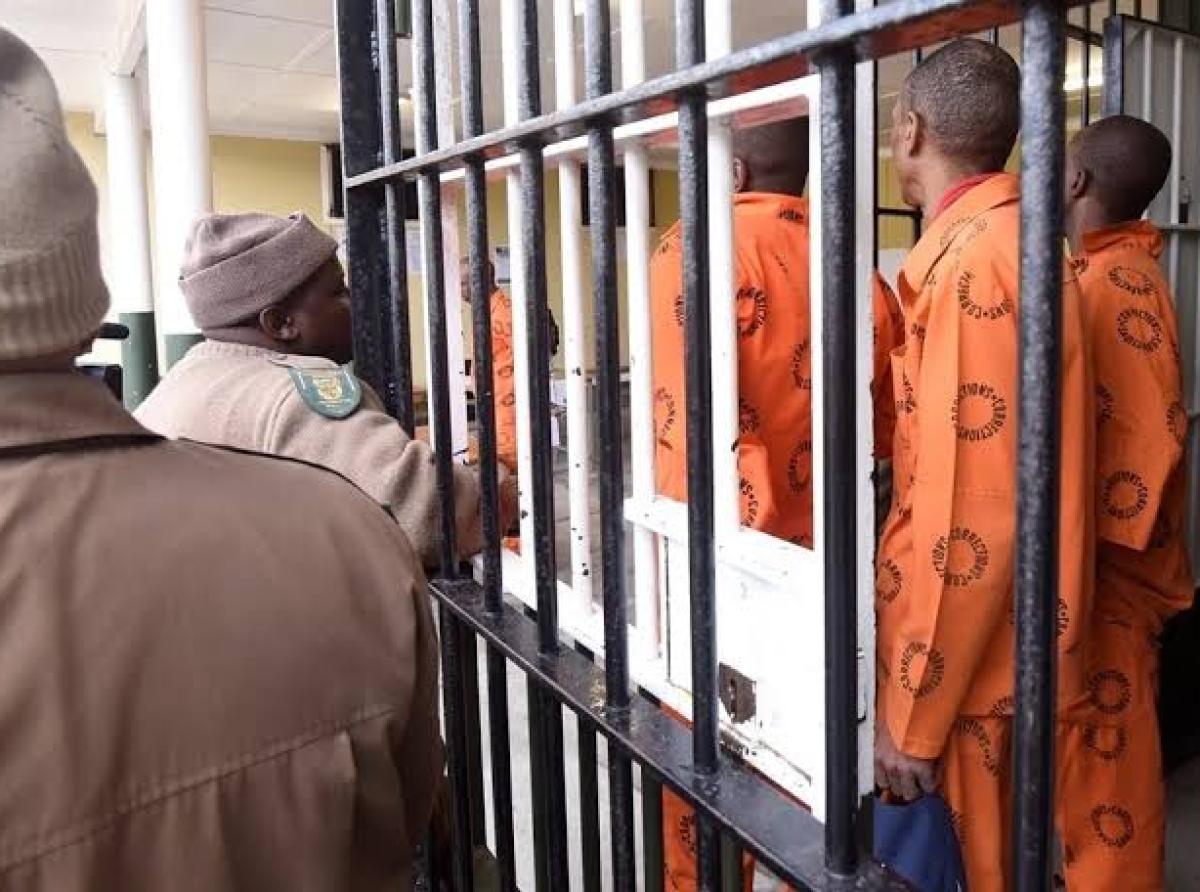EXCLUSIVE: Hardcore Prison Life Uncovered

By: Matshidiso Selebeleng
Inside the steel gates and concrete walls, life runs on a different set of rules. Inmates serving time for violent crimes live in a world defined by survival, power, and silence.
This exclusive report takes you deep into the daily reality of prison life, where danger is constant, alliances shift fast, and every choice can mean the difference between life and death.
However, Journal News has uncovered that for some hardcore criminals, and those who know how to play their cards right, prison can become a paradise and even a thriving business hub.
According to current and former inmates at the Mangaung Correctional Centre (MCC) who spoke to this publication, despite strict measures to prevent contraband from entering the prison, prohibited items still make their way past the steel gates, and rules designed to control inmate behaviour cannot suppress the persistence of individuality.
After serving 16 years in one of the maximum prison facilities in Gauteng province for the attempted murder and rape of his pregnant girlfriend, a 45-year-old parolee, known only as Mothibi to protect his identity for safety reasons, has come forward to share the hardships he endured in prison.
Mothibi was sentenced to 25 years in prison and released in 2021. However, the trauma of life behind bars continues to haunt him years after his release.
“When I was arrested and sentenced, I believed I would serve my time and come out rehabilitated. But that wasn’t the case. Life inside forced me to adapt to new rules and make difficult choices I never expected,” said Mothisi.
Mothibi revealed that, as a new inmate, his survival depended on aligning himself with a gang, followed by strict adherence to its rules - and complicity in any criminal activities that occurred in his presence.
“In prison gangs, every member has a role - messengers, enforcers, ‘safes’ who hide contraband, and others - depending on the dominant criminal enterprise within that facility,” he said. “These operations are often linked to the outside world through corrupt wardens and visitors. That’s part of what still ties me to the gang, even after my release.”
According to Mothibi, the worst fate an inmate can face is being forced into the role of a prison ‘safe’ or a ‘wife’.
“Those are the worst positions to be in. As a ‘safe,’ your body is used to hide contraband. As a ‘wife’, you are forced into sexual servitude. At one point, I was so afraid that I did not want to leave my cell because I knew I had been targeted. I was beaten, stabbed, my food was taken, and once, I was even smothered in my sleep.”
Another inmate, speaking during a telephonic interview from Mangaung Correctional Centre in Bloemfontein, echoed similar concerns. He requested anonymity out of fear for his life.
The inmate revealed that, in addition to operating illegal enterprises and enduring ongoing violence within the prison, some inmates are being used to carry out crimes beyond the prison walls - including armed robbery and murder.
“I know of several unsolved cases involving inmates,” said the prisoner.
“I’ve witnessed crimes being committed outside the prison on the orders of gang leaders. It’s just one of the many thriving criminal enterprises - a means of survival for some,” he added.
However, national spokesperson for the Department of Correctional Services, Singabakho Nxumalo, told Journal News that the department is conducting random search operations to curb the flow of contraband in prisons.
“Offenders found in possession of contraband face both internal disciplinary action and criminal charges. Ultimately, it is up to the courts, as the competent authority, to decide whether this impacts their sentences. Search operations are ongoing and unannounced to avoid predictability,” said Nxumalo.
While the Department of Correctional Services insists it is taking steps to clamp down on illicit activity behind bars, accounts from inmates paint a troubling picture of criminal networks thriving within the prison system - with consequences that extend far beyond prison walls.
As allegations of corruption and violence persist, the question remains: how secure are South Africa’s correctional facilities, and at what cost to public safety?

